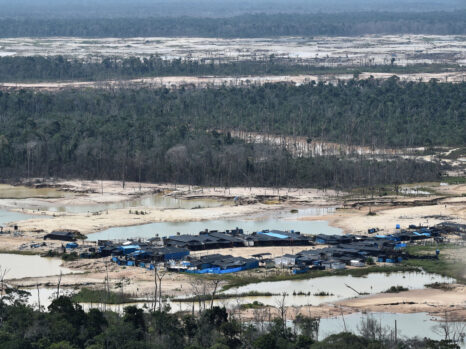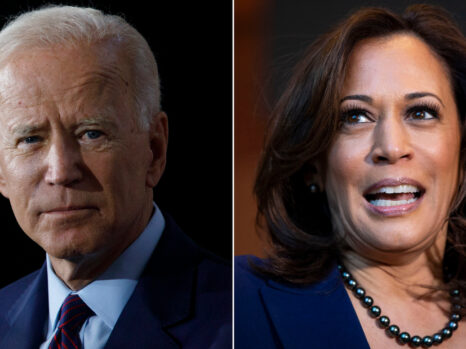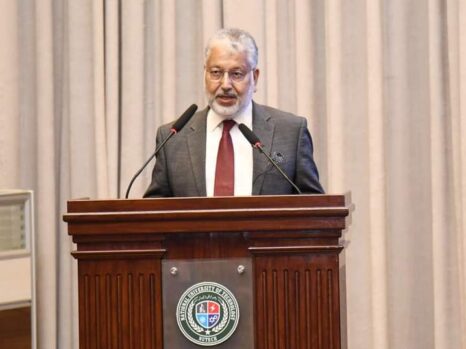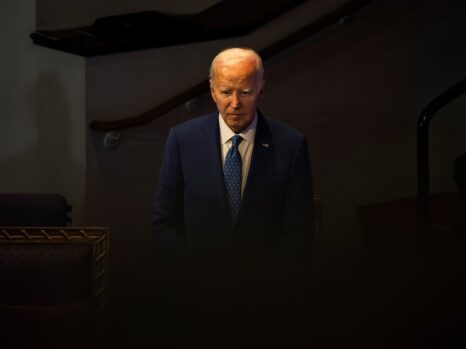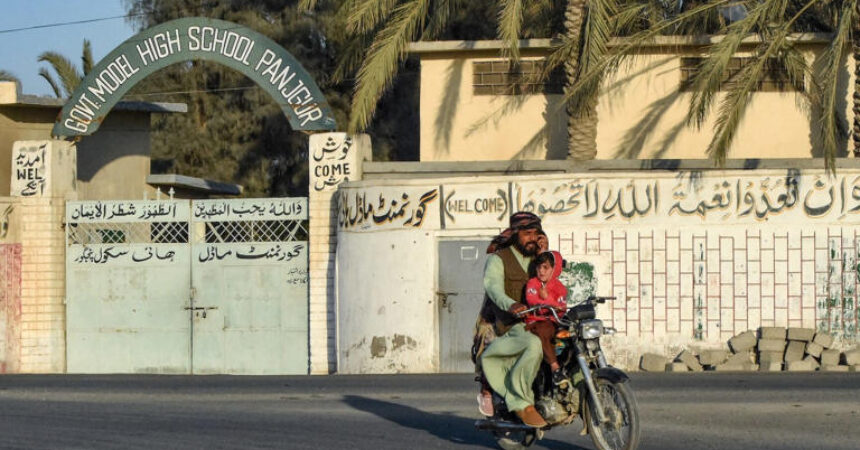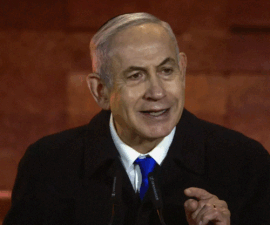Pakistan struck what it called ‘terrorist hideouts’ inside Iran, a day after Iran attacks on its territory
How bad can this get?
That was the question on the minds of policymakers and Mideast watchers as Pakistan launched retaliatory strikes on Iran Thursday, hitting what it called “terrorist hideouts,” following Iranian attacks inside Pakistan territory.
But even as Iran flexes its muscles across the restive region — Tehran’s strikes inside Pakistan, which Iran said targeted terrorist groups, followed earlier strikes in Iraq and Syria — efforts were underway to reduce tensions, with Tehran saying it was committed to good relations with its nuclear-armed neighbors in Pakistan.
Islamabad, while saying that its actions were in “pursuit of Pakistan’s own security and national interest,” also referred to the two nations as “brotherly countries.” It said it had targeted separatists who are seeking independence for Pakistan’s Baluchistan province.
The strikes have nonetheless worried regional observers — particularly in light of Iran’s increasingly aggressive posture in recent days.
A key concern has been the broadening of the war in Israel and Gaza, which has already led to a series of attacks by Iranian proxies, including the Yemen-based Houthi militants who have been attacking ships in the Red Sea.
Those attacks have prompted airstrikes by the U.S. and its allies, as they threaten not just to expand the conflict in the Middle East but also hit the world economy, given the Red Sea’s status as a critical route for global commercial shipping.
On Thursday, Turkey, China, Russia and the European Union all called on Iran and Pakistan to reduce tensions, lest their tit-for-tat strikes spiral into a broader conflict.
“These attacks, including in Pakistan, in Iraq and Iran now are of utmost concern for the European Union because they violate the sovereignty and territorial integrity of countries, and they have also a destabilising effect on the region,” a spokesman for the European Union told Al Jazeera Thursday.
Turkey, meanwhile, said both Iran and Pakistan did not want to escalate tensions. Turkish foreign minister, Hakan Fidan, following calls with his counterparts from both countries, called for calm to be restored as soon as possible.
Russia also weighed in, calling for “maximum restraint” following the Pakistan strikes.

